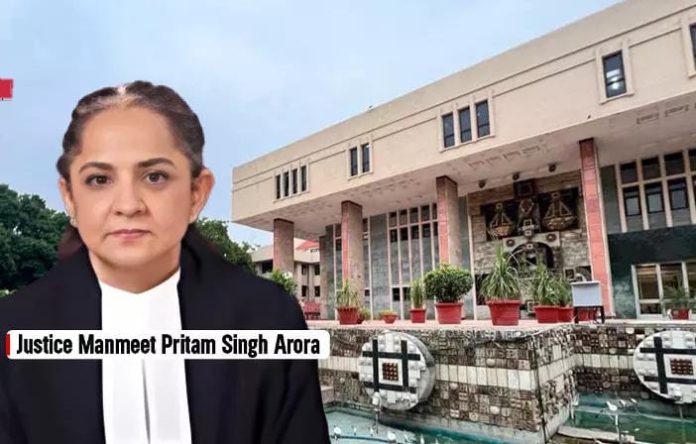The Delhi High Court has refused to allow the release of filmmaker Shyam Bharteey’s Hindi film Masoom Kaatil, saying movies that mock religion, spread hatred or disturb social harmony cannot be cleared for public viewing in a country as diverse as India.
The filmmaker had urged the court to let the film release with an ‘A’ certificate and a few cuts. But Justice Manmeet Pritam Singh Arora upheld the CBFC’s decision, noting that the violence shown was “excessive, gruesome, and without redeeming value.”
“In a diverse, secular society, certification cannot be granted to a film that ridicules religions, incites hatred, or threatens social harmony,” Justice Arora said in her order. She added that the movie glorified vigilante justice, included graphic gore and carried derogatory remarks against communities ,elements that could corrupt young minds, brutalize audiences and normalize lawlessness.
While the judgment is specific to Masoom Kaatil and though this does not imply support for Masoom Kaatil it also brings into focus a wider debate. Films such as The Kerala Story, The Kashmir Files, The Sabarmati Report and The Bengal Files have sailed through CBFC clearance and were even made tax-free in some states. In contrast, films like Punjab 95, which raise uncomfortable truths, continue to face pressure and censorship hurdles.
The case underlines a troubling reality, India’s freedom of expression in cinema does not appear to apply equally to all. Certain narratives are promoted and protected, while others are silenced, making the promise of equal artistic freedom look increasingly selective.




